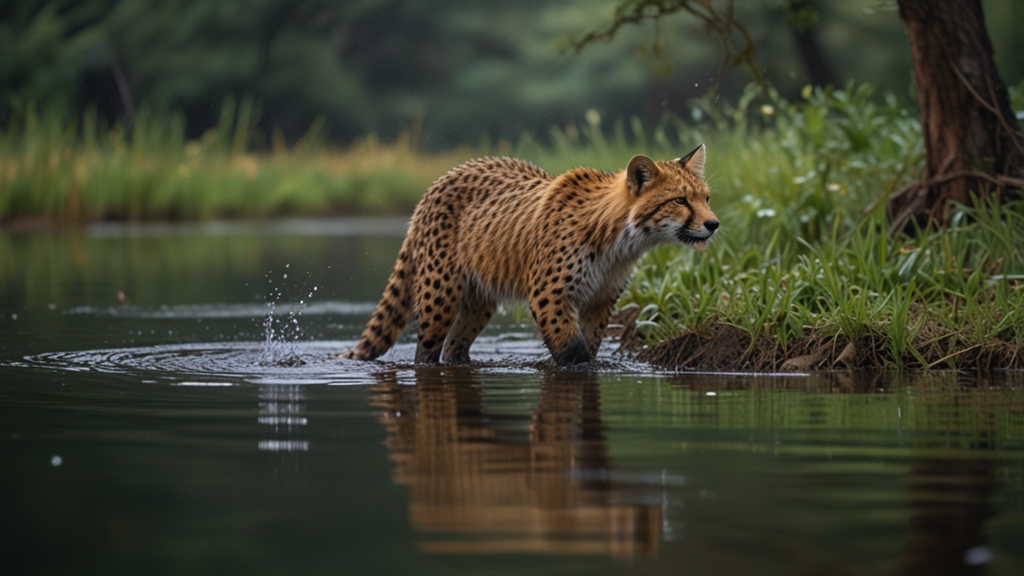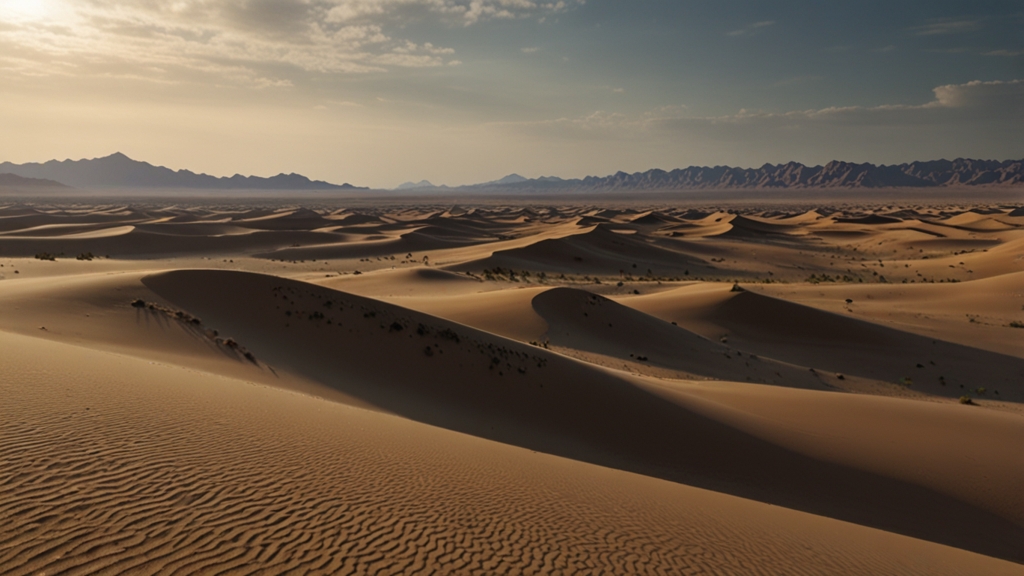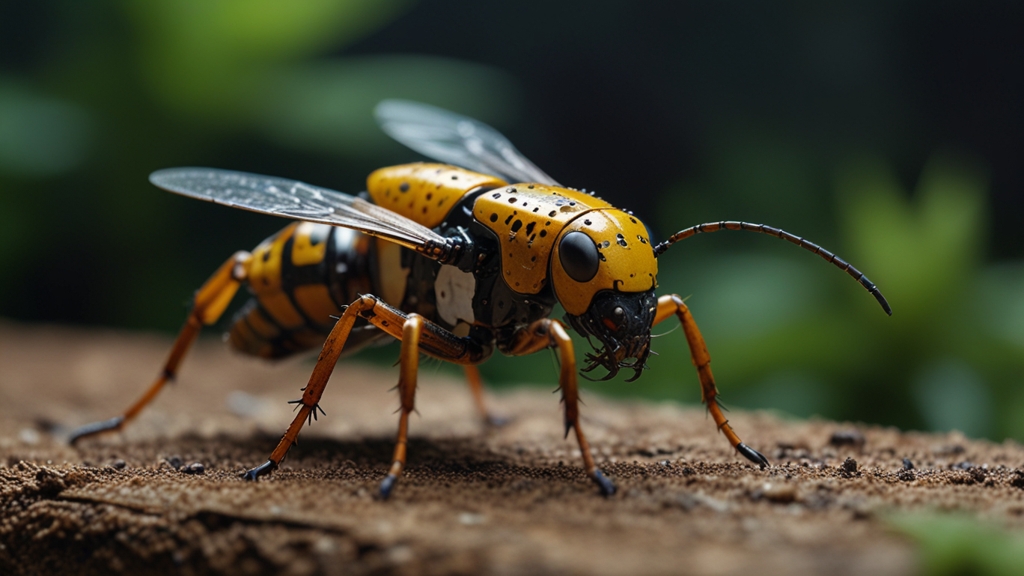Healthy Habitats, Healthy Animals: The Need for Ecosystem Restoration
The intrinsic link between healthy habitats and the well-being of animal populations is undeniable. As the world grapples with the adverse effects of climate change, deforestation, and urbanization, the need for ecosystem restoration has never been more pressing. This article delves into why restoring ecosystems is crucial for maintaining healthy animal populations and ensuring biodiversity.
The Interdependence of Species
Every ecosystem on Earth consists of a complex web of interdependent species. Plants, animals, and microorganisms interact in ways that maintain the balance of their habitats. For instance, pollinators like bees are essential for the reproduction of many plants, which in turn provide food and shelter for various animal species. Disrupt one link in this chain, and the entire web can unravel.
"In the end, we will conserve only what we love; we will love only what we understand; and we will understand only what we are taught." - Baba Dioum
Impact of Human Activities
Human activities such as deforestation, pollution, and urban sprawl have caused unprecedented destruction of natural habitats. The Amazon Rainforest alone, which is often referred to as the 'lungs of the Earth,' has been significantly degraded due to deforestation activities. Wetlands are being drained for agricultural use, and oceans are polluted with plastic waste. These activities not only threaten plant life but also disrupt the natural habitats of countless animal species, pushing many to the brink of extinction.
Benefits of Ecosystem Restoration
Restoring ecosystems can bring about a plethora of benefits. Reforestation efforts can provide new habitats for animals, increase biodiversity, and even help combat climate change by sequestering carbon dioxide. Restoring wetlands can improve water quality, provide flood control, and create habitats for a variety of aquatic species. Coral reef restoration projects can bring marine ecosystems back to life, supporting both fish populations and the livelihoods of people dependent on fishing and tourism.
"The health of our ecosystems and the health of wildlife are intrinsically linked. By restoring one, we inherently support the other." - Dr. Sylvia Earle
Actions and Solutions
Effective ecosystem restoration requires coordinated efforts at local, national, and global levels. Governments must enforce regulations that protect natural habitats and promote sustainable land-use practices. Community engagement is crucial, as local inhabitants are often the most directly affected by ecosystem degradation and the most invested in its restoration. Furthermore, adopting modern scientific techniques, such as satellite monitoring and genetic analysis, can make restoration efforts more effective.
Challenges and Considerations
While the benefits of ecosystem restoration are clear, the path to achieving it is fraught with challenges. Financial constraints are a major barrier, as restoration projects can be expensive and require long-term investment. There are also natural challenges, such as changing climate conditions that can make it difficult for restored ecosystems to thrive. Finally, balancing the needs of human development with environmental sustainability is an ongoing struggle that requires careful consideration and innovative solutions.
"To restore our ecosystems is to secure our future. It's not just about saving plants and animals; it's about saving ourselves." - Wangari Maathai
Conclusion
The health of our planet's ecosystems is directly linked to the health of its animal inhabitants. By prioritizing ecosystem restoration, we can work towards a future where both nature and humanity can thrive. It is a collective responsibility that requires action from governments, communities, and individuals alike. Only through concerted efforts can we ensure that the delicate balance of our natural world is maintained for generations to come.










